On the afternoon of June 17th, immediately after the National Assembly heard the presentation and the verification report on the draft Law on Notarization (amended), the National Assembly discussed the draft law in group sessions. Representative Hoang Minh Hieu (Nghe An delegation) stated that this is an important draft law because as the economy develops, the need for notarization in transactions increases. The strict regulations in the draft law will contribute to socio-economic development.
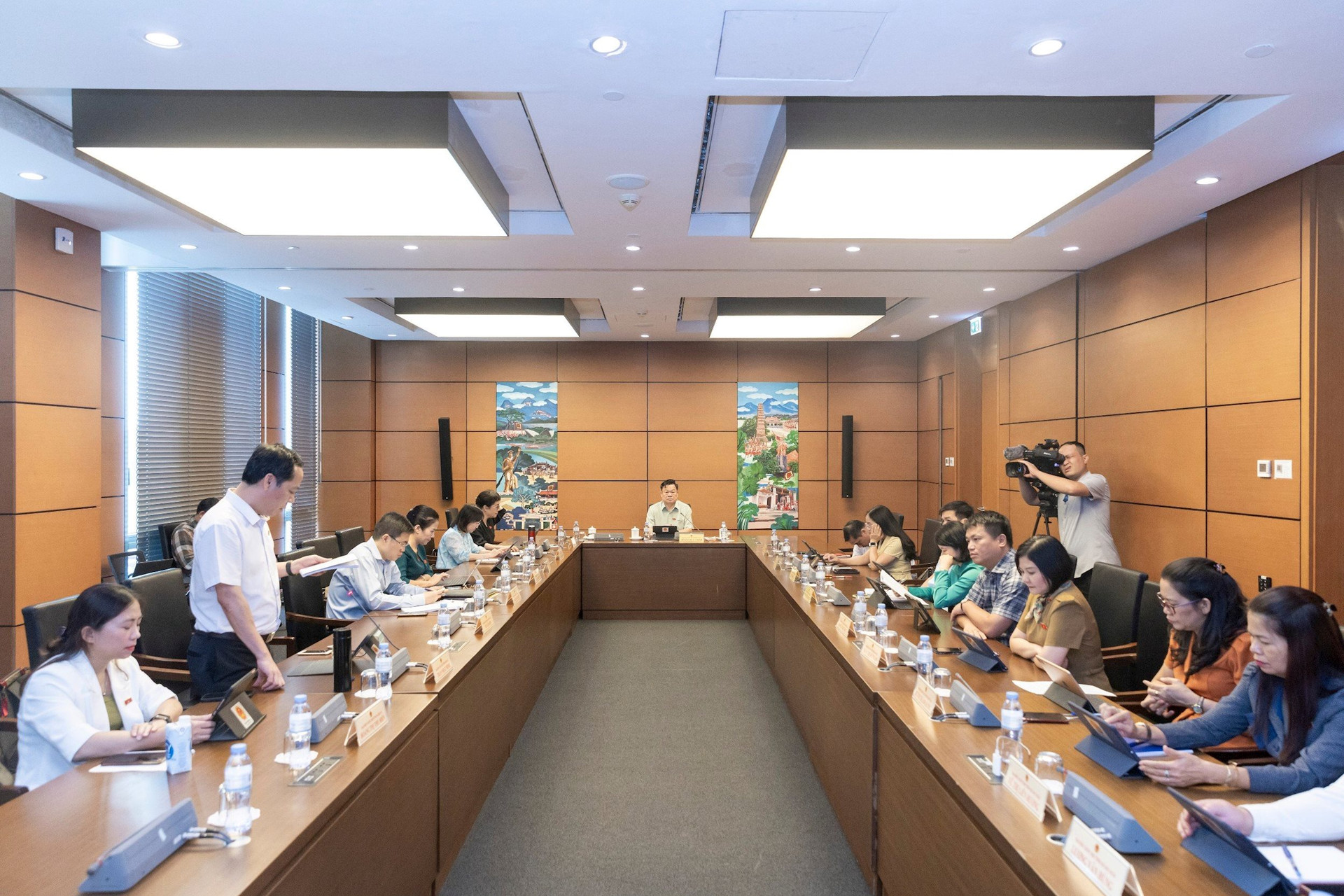
Regarding the notarization of translations, Mr. Hieu believes that attention should be paid to the capacity of notarizers. Furthermore, if the law does not regulate the notarization of translations, it will create a legal vacuum, and this is an issue that needs consideration.
Mr. Hieu analyzed that, for example, inheriting a will from an ethnic minority group who needs a will in their ethnic language but lacks a translation would disadvantage those who use other languages. Furthermore, transactions in foreign languages without providing a translation to a public official would leave it unclear which agency would be responsible for notarizing the document. Therefore, this legal gap must be addressed.
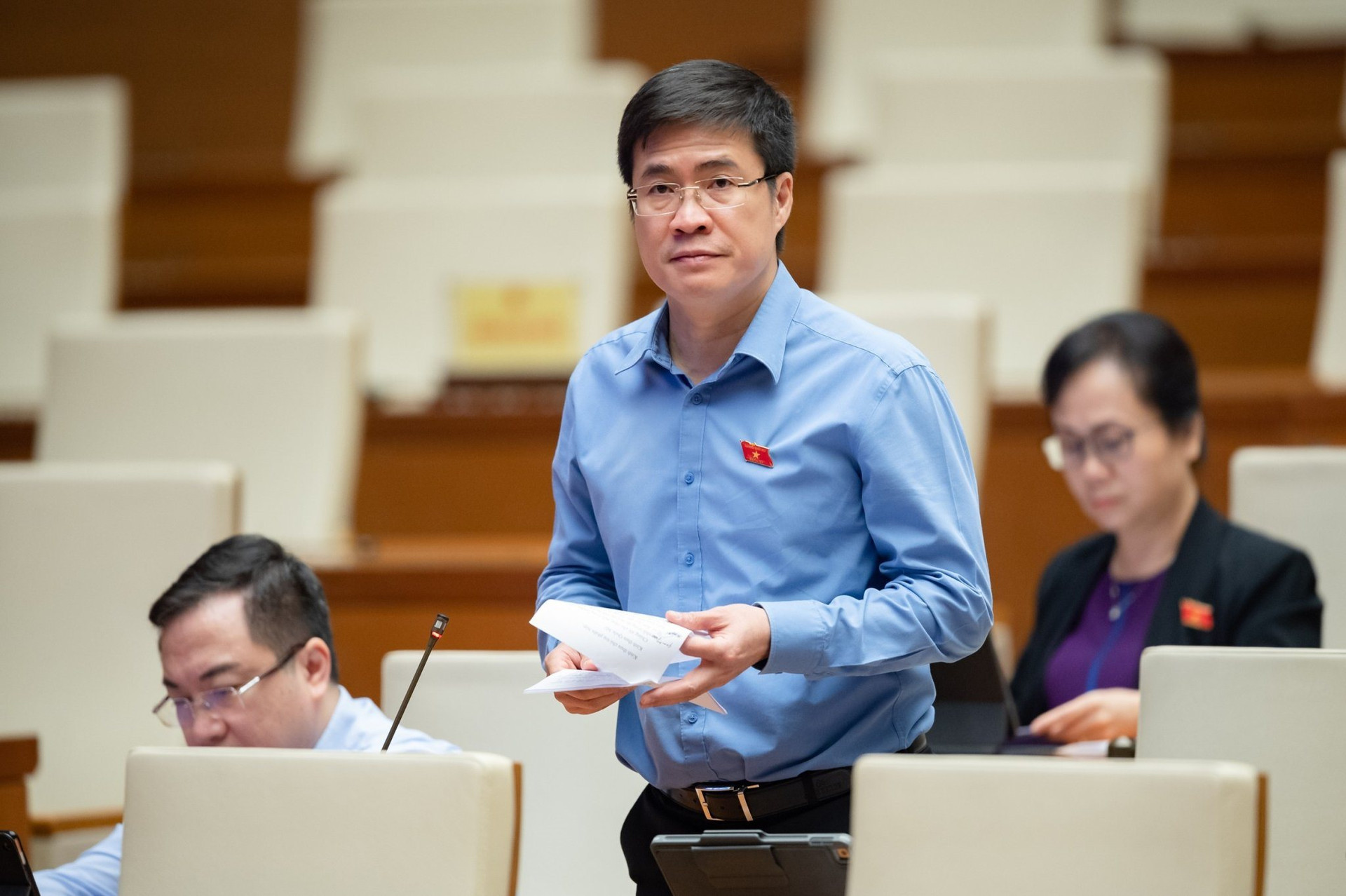
Citing the fact that during inspections, many notary offices performed well, such as the one in Can Tho which processed over 1,300 notarized documents using translations in a year with good results, Mr. Hieu argued that the reason we should be concerned about capacity is not the issue; the important thing is the cost involved. Notarizing translated documents requires coordination and the involvement of a translator to build trust between the parties involved. Therefore, we should carefully consider this to avoid creating legal loopholes and to facilitate the successful completion of transactions.
Mr. Hieu also argued that the quality of notarization needs to be controlled. Reports from the Judicial Academy and the Law School of the National University show that a notary public, working diligently and scientifically , can only notarize 8-10 contracts a day. However, currently in some areas of Hanoi, there are notary offices where a single notary public notarizes 700 transactions a day. “So, how can they notarize at such a high speed and in such large quantities? If that’s the case, what about the quality?”
"In reality, there are many violations in notarization activities, with a lot of fraudulent notarization. For example, car sellers sell through notarized contracts that have already been signed. They just transfer the contract to someone else and it's notarized. We can't control this, or notarization is done without the notary's presence; they just hand it over to an assistant notary to complete and then sign it, without any means of control," Mr. Hieu raised the issue and suggested that perhaps the draft law should include additional solutions to ensure the quality of notarization.
Requiring notarization to take place inside or outside the office cannot solve the problem because no one has a way to control and ensure that notarization is actually taking place inside or outside the notary office. Therefore, this draft law needs to consider and add solutions such as applying the experience of some countries, such as limiting the maximum number of notaries working for a period of time.
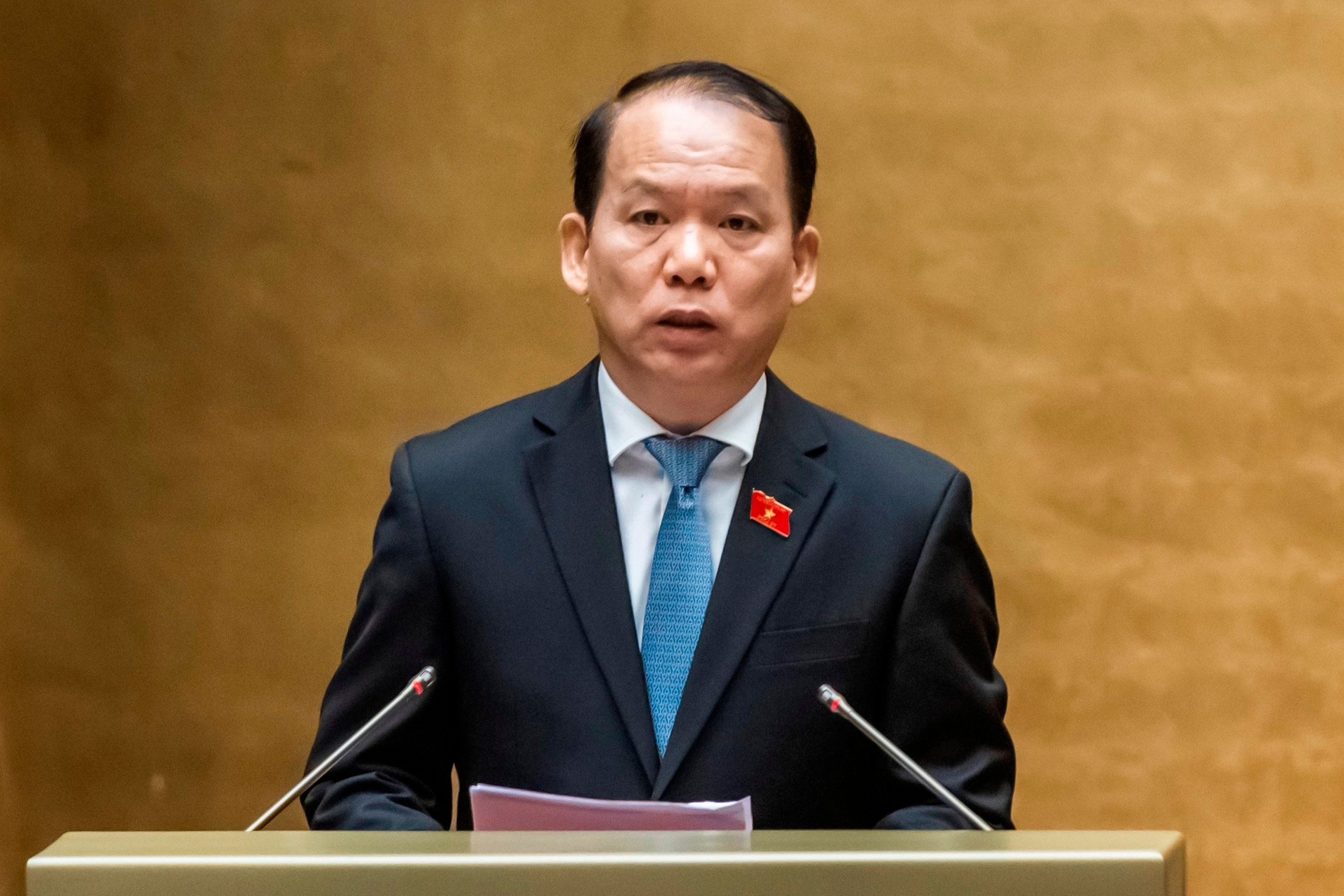
Previously, during the review of the draft Law, the reviewing body, the National Assembly's Law Committee, stated that the draft Law did not stipulate that the certification of the accuracy and legality of translations falls within the scope of notarization activities as in the current Notarization Law, but only stipulates that notaries certify the translator's signature according to the law on certification.
During the discussion, many opinions within the Legal Committee agreed with the provisions of the draft Law to address the shortcomings and limitations of notarizing translations as stated in the Policy Impact Assessment Report accompanying the draft Law. This aims to prevent situations where many notaries refuse to notarize translations due to insufficient foreign language proficiency to certify the accuracy and legality of the document, and where notary offices fail to build a team of translation collaborators, causing an "overload" of translation certification at the Justice Departments in some localities when people choose to have the translator's signature certified instead of going to a notary office. This regulation limits the risks and responsibilities of notaries regarding the notarization of translations, ensuring feasibility and suitability to the practical situation.
However, some opinions within the Legal Committee suggested retaining the current regulations on notarizing translations as in the Notarial Law and further improving them to address existing shortcomings and limitations. Specifically, the draft law should include provisions clearly defining the translator's responsibility for the accuracy of the translation compared to the original document, and the notary's responsibility for the authenticity and legality of the translated document submitted for notarization.
Mr. Hoang Thanh Tung, Chairman of the National Assembly's Law Committee, stated his view: Improving the mechanism for notarizing translations in the aforementioned direction is appropriate. Because by removing the regulation on notarizing translations of documents and texts as in the draft Law submitted by the Government, translations of contracts and other transactions will not be certified for accuracy, legality, and conformity with social ethics, thus affecting the security of civil and economic transactions. Furthermore, the provisions of the draft Law do not ensure the uniformity of the legal system. When people need to notarize translations, specifically in the case of wills drafted in foreign languages or ethnic languages as stipulated in the Civil Code, there will be no agency or organization to perform this service, creating a legal vacuum in practice.
“Abolishing the requirement for notarizing translations would create inequality in the legal environment between Vietnamese organizations and individuals and foreign organizations and individuals conducting transactions requiring notarization within Vietnam, failing to meet the requirements of international economic integration. Surveys conducted in several localities show that in some areas, notarizing translations is still effectively carried out with a team of professional freelance translators, meeting the needs of civil and economic transactions in the area,” Mr. Tung said.
Source: https://daidoanket.vn/cong-chung-vien-moi-ngay-cong-chung-700-giao-dich-10283551.html


![[Photo] Prime Minister Pham Minh Chinh holds a phone call with the CEO of Russia's Rosatom Corporation.](/_next/image?url=https%3A%2F%2Fvphoto.vietnam.vn%2Fthumb%2F1200x675%2Fvietnam%2Fresource%2FIMAGE%2F2025%2F12%2F11%2F1765464552365_dsc-5295-jpg.webp&w=3840&q=75)







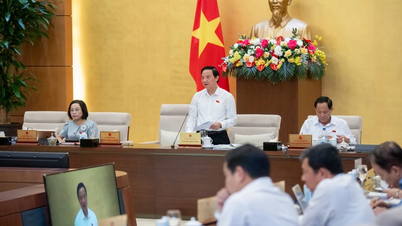
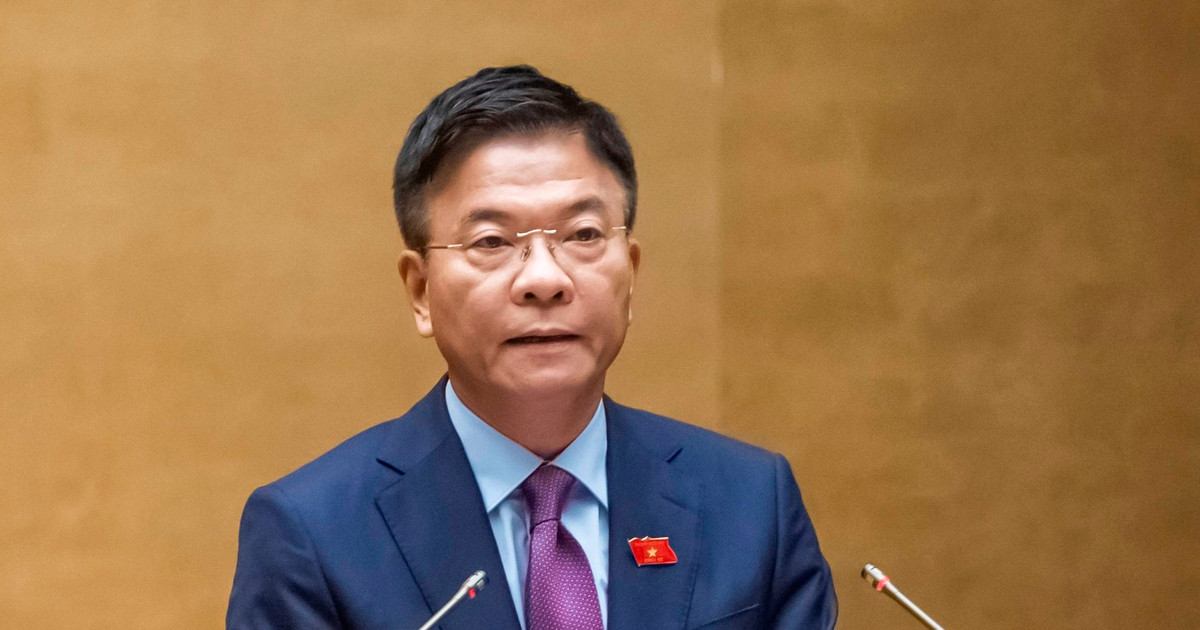
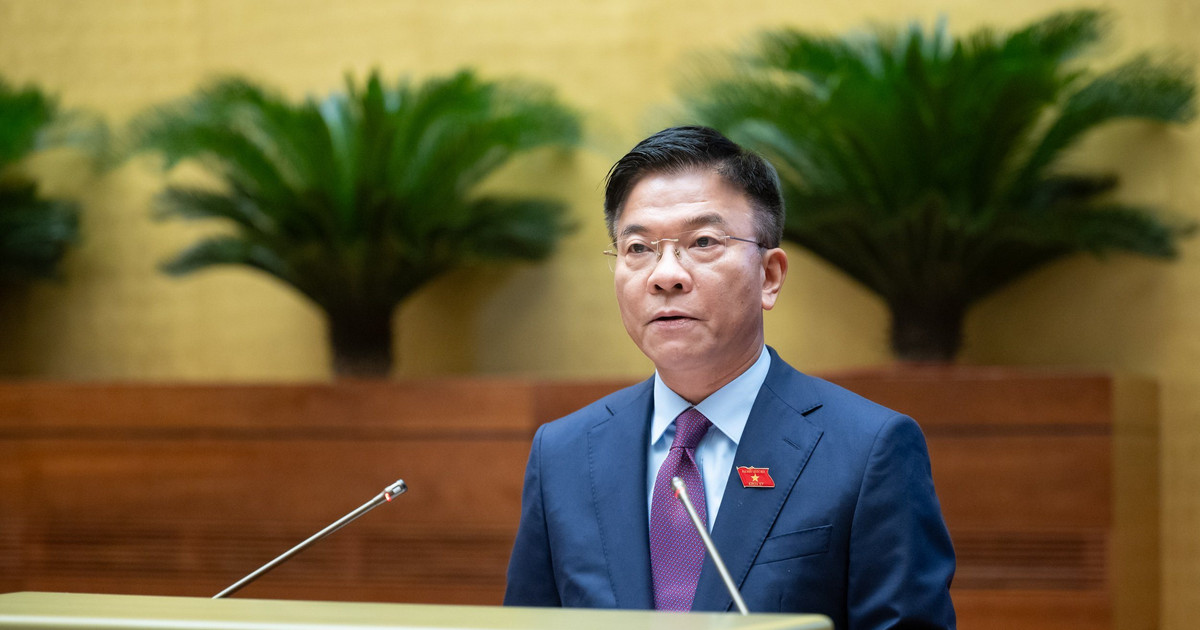






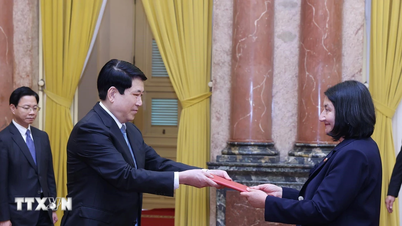








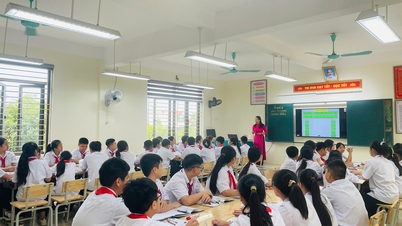

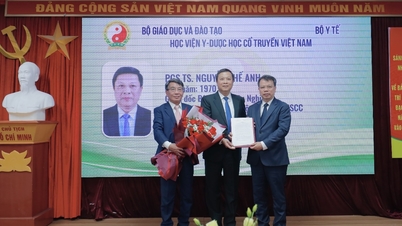













































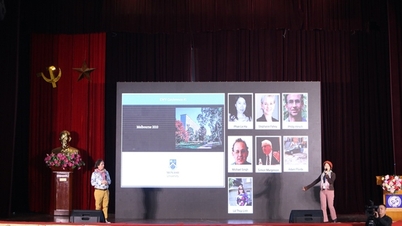




























Comment (0)